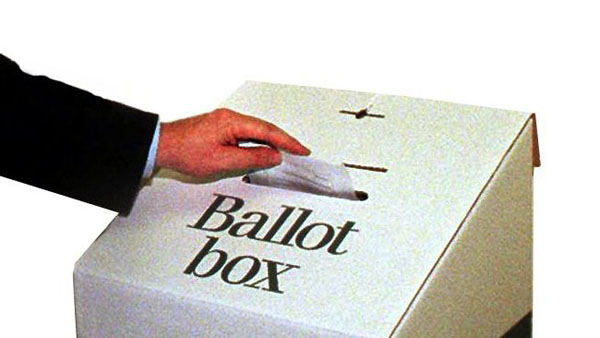
British expatriates are set to vote overwhelmingly in favour of staying in the EU with nearly three quarters in support of the ‘Stay’ campaign, according to new research; just 20% of British expats are currently in favour of leaving the EU, with only 7% unsure how they would vote.
The results show that the majority (84%) of ‘Stay’ voters believe staying in the EU will be economically better for the UK. Even if the UK did leave the EU, 73% of this group of expats believe the UK will still have to comply with lots of rules in order to trade with Europe. The majority (70%) also feel the UK will be taken more seriously by the rest of the world as part of the EU. More than two thirds think that the UK’s national security will be better served by being part of the EU.
The main benefit for the ‘Leave’ voters was the belief that leaving the EU will free the UK from the interference of Brussels bureaucrats (80%). Despite President Obama’s recent and widely reported “back of the queue” comment, 71% think leaving the EU will allow the UK to negotiate better relationships with other economies. A similar proportion (68%) believe that leaving the EU will be economically better for the UK. Less than a third of those voting to leave think that it will enable the UK to have a second negotiation and secure a better deal with the EU.
With an estimated 4.5 million – 5.5 million* British expatriates living abroad, it is a significant audience for campaigners to consider.
The research, conducted by Angloinfo asked more than 2,800 of its users how they intended to vote in the forthcoming EU referendum.
James Jackson, Chief Operating Officer of Angoinfo, commented “These results show just how engaged this huge, and often forgotten, audience is in this important decision. For British citizens living abroad the issues and outcomes involved in both sides of the EU referendum campaign are taken just as seriously as they are for those living in the UK. Ex-pats with voting rights can become an ‘out of sight, out of mind’ audience but campaigners in this issue would be wise to remember them and the influence they yield.”
The research shows that living abroad has hardened the views on this issue on both sides. The majority agree that living abroad has affected their view of how they should vote, claiming that they are now more inclined to vote their chosen way as a result of having lived outside the UK.
Particular expatriate referendum concerns focus on potential changes in the healthcare and pensions provisions, that come with being a member of the EU, for example whether the state pension provisions will be ‘frozen’. Visa concerns and the potential to need to apply for residency were also considerations, as were reductions in income if the exchange rate lowered. Such are the uncertainties that many expatriates feel they will have to leave their country of residence and return to the UK if it left the EU.
More than a third (37%) of expats feel no one has properly explained the pros and cons of remaining in the EU, a view echoed by many of those living in the UK. So it is understandable that the research showed considerable uncertainty over the practical implications of leaving the EU.
Despite a very clear split in expatriate views on the referendum, the perception of which campaign is actually winning brings the outcome much closer. 41% believe that neither campaign is in the lead so far. A quarter believe the ‘Leave’ campaign is winning and just over a third (34%) believe the ‘Stay’ campaign is winning.








